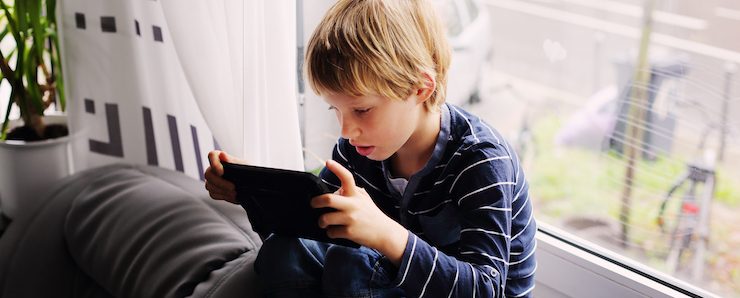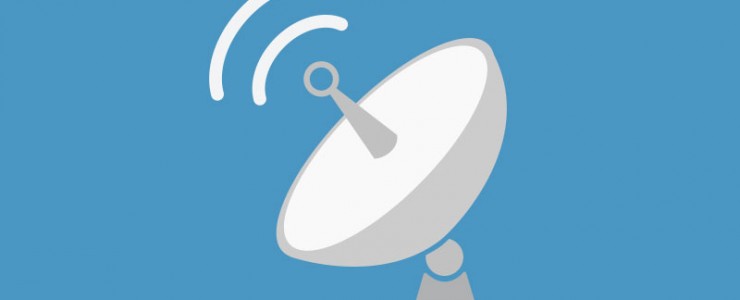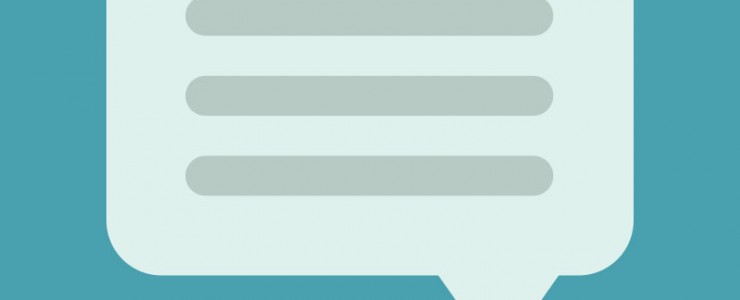From the Washington State Health Care Authority

School-Based Health Care Services (SBHS) COVID-19 Billing FAQ
In this time of the COVID-19 pandemic, Apple Health (Medicaid) is aware that usual and customary ways of providing and billing/reporting services may not be feasible. It is also understood that different providers will have different capabilities. Therefore, Apple Health and the SBHS program are trying to be as flexible as possible and are creating new policies that will allow SBHS-contracted school districts and providers to provide medically necessary services and bill or report the service(s) with the most appropriate code determined applicable using the guidance below.
This notification replaces the SBHS COVID-19 notification emailed on March 12, 2020. This notification reflects current telehealth guidance released by the Centers for Medicare and Medicaid Services (CMS) and has been reformatted as an FAQ. This FAQ may be updated as necessary to respond to new information as it develops.
The SBHS program provides reimbursement to contracted school districts for providing medically-necessary health related services that are included in a student’s individualized education program (IEP) or individualized family service plan (IFSP). More information about the SBHS program can be found on the SBHS webpage.
Frequently Asked Questions
Q. During COVID-19 related school closures, does the SBHS program pay for services provided through telemedicine?
A. The SBHS program reimburses SBHS-contracted school districts for providing IEP/IFSP health-related services when provided through HIPAA-compliant audio/visual telemedicine technologies when a student is at home or in an alternate setting. During COVID-19 related school closures, the SBHS program is also temporarily reimbursing for telehealth provided through non-HIPAA compliant audio/visual technologies such as non-HIPAA compliant versions of Zoom, Skype, FaceTime, Google Hangouts video, as well as services provided via telephone-only. In order to receive reimbursement for services provided through HIPAA-compliant and/or non-HIPAA compliant technologies, the following requirements must be met:
-
- The school district must be contracted with the SBHS program and be enrolled as a billing provider in ProviderOne
- Individual providers (school staff or contracted employees) must be enrolled as servicing providers under the school district’s ProviderOne account
- Services must be included in the student’s IEP or IFSP (IEP/IFSP meetings, charting, parent contact and consultation, and preparing and sending materials to students/families are not reimbursable)
Q. How do school districts bill the SBHS program for services provided through HIPAA-compliant audio/visual telemedicine technologies during COVID-19 related school closures?
A. When using HIPAA-compliant audio/visual communications, providers must use the appropriate SBHS code (CPT or HCPCS code) found in the SBHS Billing Guide (as they would if the service was provided in person). In addition, modifier 95 and place of service (POS) 02 must be included on the claim. Providers must follow documentation requirements found on pages 43-44 of the SBHS Billing Guide including documentation that services were provided through telemedicine, the location of the provider, and the location of the student. Do not bill Q3014 code (telemedicine fee) when the student is located at home or in an alternate setting.
Q: How do school districts bill the SBHS program for services provided through non-HIPAA compliant audio/visual telemedicine technologies during COVID-19 related school closures?
A. When using non-HIPAA compliant audio/visual communications (certain versions of Skype, Zoom, FaceTime, Google Hangouts video, etc.), providers must use the appropriate SBHS code (CPT or HCPCS code) found in the SBHS Billing Guide (as they would if the service was provided in person). In addition, modifier 95 AND modifier CR along with place of service (POS) 02 must be included on the claim. Providers must follow documentation requirements found on pages 43-44 of the SBHS Billing Guide including documentation that services were provided through telemedicine, the location of the provider, and the location of the student. Do not bill Q3014 code (telemedicine fee) when the student is located at home or in an alternate setting.
Q. How do school districts bill the SBHS program for services provided through telephone-only during COVID-19 related school closures?
A. When using the telephone to deliver services (audio-only/no visual component), providers do not use existing SBHS codes found in the SBHS Billing Guide. Instead, providers will use the following CPT codes, modifiers, and place of service (POS) to bill for phone-only services:

Q. How do providers document when services are provided through telephone-only?
A. Providers must follow documentation requirements found on pages 43-44 of the SBHS Billing Guide including documentation that services were provided over the telephone, the location of the provider, and the location of the student. Modifier CR and place of service (POS) 03 must also be included on the claim.
Q. What is the reimbursement rate for services provided through telemedicine and/or over the phone?
A. School districts are reimbursed for services provided through telemedicine at the same rate as if the service was performed face-to-face. Current rates for all SBHS codes are located in the SBHS Fee Schedule. Rates for 98966-98968 are located in the COVID-19 Fee Schedule.
Q. Do school districts need to take any measures to inform parents and students that some technologies may not be HIPAA-compliant?
A. Per federal guidelines, providers who choose to provide services through non-HIPAA compliant technologies are encouraged to notify patients that these third-party applications potentially introduce privacy risks, and providers should enable all available encryption and privacy modes when using such applications. School districts should consult with their legal counsel with questions regarding providing services through non-HIPAA compliant technology.
Q. Can school districts bill the SBHS program for services provided in-person in the home or in an alternate setting (e.g. childcare/daycare)?
A. School districts who have closed schools due to the COVID-19 pandemic may have providers traveling to a student’s home, or an alternate setting, to provide IEP or IFSP services. When providing services in the home or in an alternate setting, providers must use the appropriate SBHS code (CPT or HCPCS code) found in the SBHS Billing Guide and place of service (03). Providers must follow documentation requirements found on pages 43-44 of the SBHS Billing Guide.
Q. Do school districts need to amend an IEP or IFSP to indicate that related services will be provided through telemedicine or in an alternate setting during COVID-19 related school closures?
A. For Medicaid billing purposes, the IEP or IFSP must list which related services the student receives, who is responsible for providing the service(s), and the amount and duration of services. The SBHS program does not require the IEP/IFSP to state that services will be provided through telemedicine or in an alternate setting. School districts should contact the Office of Superintendent of Public Instruction (OSPI) for questions regarding when IEPs must be amended and the Department of Children, Youth, and Families (DCYF) for questions regarding when IFSPs must be amended.
Q. How do SBHS-contracted school districts obtain consent to bill Medicaid during COVID-19 related school closures?
A. School districts are required per the Individuals with Disabilities Education Act (IDEA) to obtain a one-time consent from parents prior to accessing public benefits i.e. Medicaid to pay for school-based services. Since this is an IDEA requirement and not a Medicaid requirement, HCA and the SBHS program cannot provide guidance on how to obtain consent at any time including during COVID-19 related school closures. School districts may contact the Office of Superintendent of Public Instruction (OSPI) with consent questions for IEP services and the Department of Children, Youth, and Families (DCYF) with consent questions for IFSP services.
Questions?
Contact Shanna Muirhead
Program Manager, School-Based Health Care Services (SBHS)
Health Care Authority





